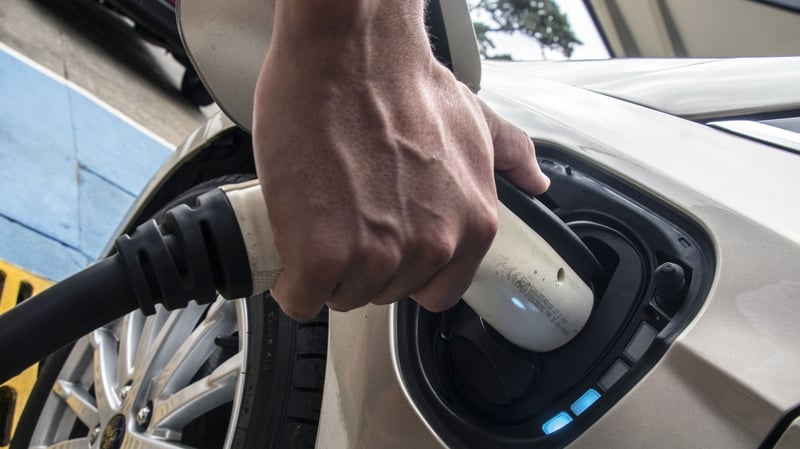New car sales in the European Union rose 4.3% in June to their highest since July 2019, driven by an uptick in major markets Italy, Germany, and Spain, while registrations of battery electric cars fell marginally, data from Europe's auto industry body showed today.
The European Automobile Manufacturers Association (ACEA) said a rise in registrations of battery electric cars in Belgium and Italy, of 50.4% and 117.4% respectively, failed to offset double digit declines in Germany, the Netherlands and France.
Top European carmakers are betting on car sales to pick up over the year, despite cooling electric vehicle (EV) demand after several years of strong growth and warnings that the global market will be tough.
Sales of battery electric and plug-in cars in June fell by an annual 1% and 19.9% respectively in the EU, while those of hybrid-electric cars grew 26.4%, the ACEA data showed.
In the first six months of the year registrations of battery electric cars rose 1.3%.
EVs - whether fully electric, plug-in hybrids or full hybrids - sold in the EU accounted for 50% of all new passenger car registrations in June, up from 47.5% a year earlier.
Car registrations at Europe's three largest carmakers Volkswagen, Stellantis and Renault grew by 4.7%, 0.4% and 6.2% respectively in June.
Germany, the bloc's largest EV market, in December brought an early end to subsidies for buying EVs as part of a last-minute 2024 budget deal.
"Germany is the sick man of Europe when it comes to electric cars," said Lucien Mathieu, cars director at European campaign group Transport & Environment (T&E), adding that markets with predictable incentives for EV adoption were "reaping the rewards".
